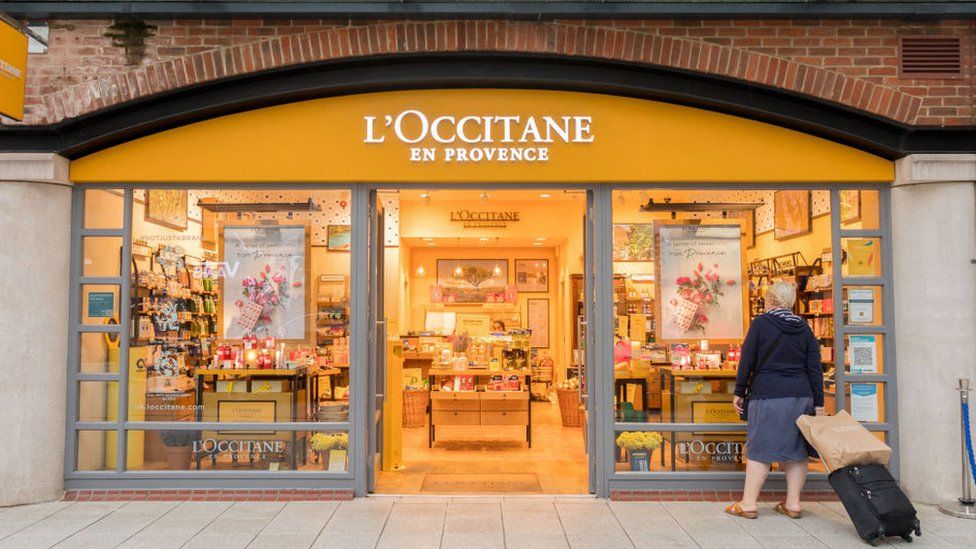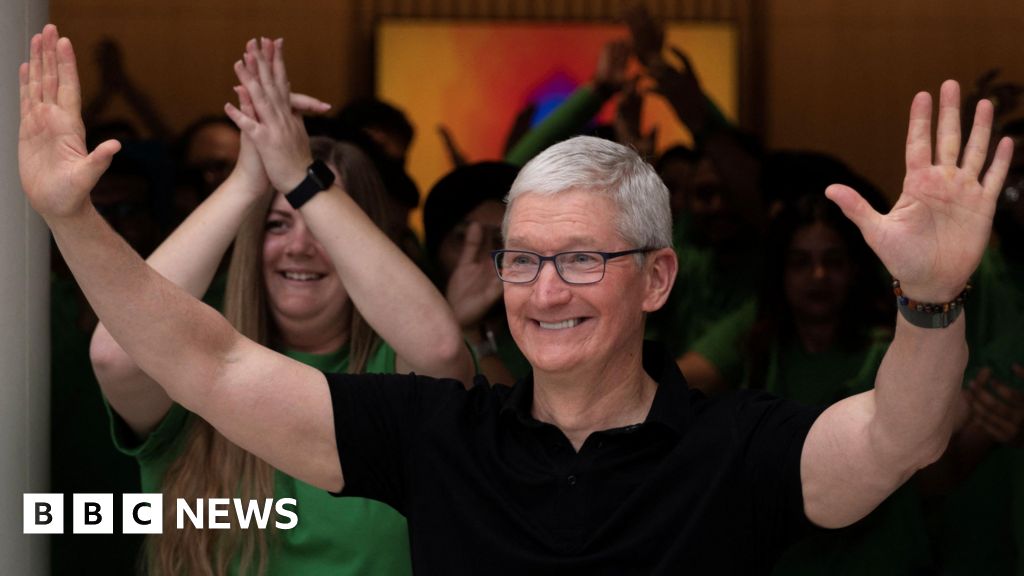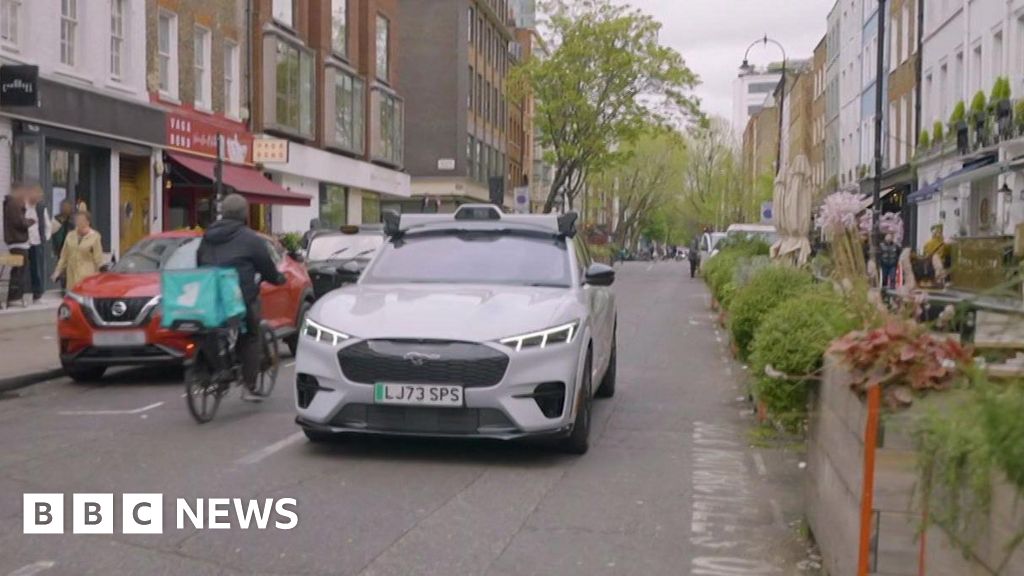ARTICLE AD BOX
 Image source, Getty Images
Image source, Getty Images
By Peter Hoskins
Business reporter
Shares in skincare chain L'Occitane International have jumped in trading on the Hong Kong Stock Exchange.
The global company confirmed on Friday that its controlling shareholder is contemplating a potential deal to take it private.
L'Occitane's billionaire chairman Reinold Geiger already controls almost three quarters of its shares.
The retailer has over 3,000 outlets in 90 countries around the world and has more than 8,500 employees.
Trading in L'Occitane's shares were halted on the Hong Kong Stock Exchange on Friday after Bloomberg News reported that Mr Geiger was in advanced talks to take it private.
The business news channel said that the potential deal could value the firm at around $6.5bn (£5.1bn), or as much as HK$35 ($4.47; £3.53) a share.
However, L'Occitane said in an exchange filing that reports that the buyout price could be that high were "false and without basis", but if a deal did go through, the potential offer price would not be less than HK$26 a share.
Mr Geiger's investment holding company, L'Occitane Groupe, owns more than 70% of the retailer.
L'Occitane's shares were almost 9% higher at HK$27.75 in Monday morning trading in Hong Kong.
The company's shares have risen by more than 40% in the last month.
L'Occitane's latest annual financial report showed that it generated €2.13bn ($2.33bn; £1.84bn) in net sales and made an operating profit of €239.1m.
In April, the chain said it would close its Russian shops and website, just days after defending its decision to continue trading in the country.
The firm said the move followed the "enormous human suffering and escalating military action in Ukraine".
The previous week L'Occitane had told the BBC that it was keeping its shops open to protect staff from potential "retaliation".
Some customers had criticised the company for its decision and called for a boycott of the brand.

 1 year ago
36
1 year ago
36








 English (US) ·
English (US) ·